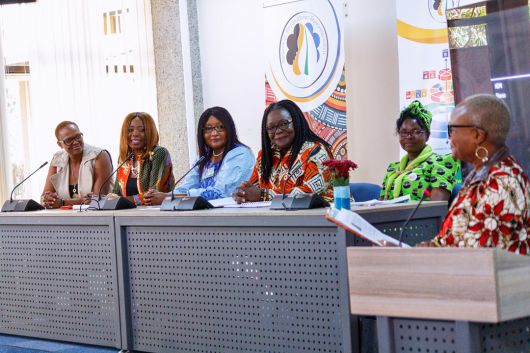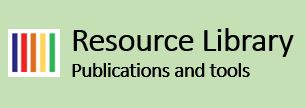29/03/2019 - PfR joins UN-E in launching the Network of African Women Environmentalists

By Thandie Mwape, Humanitarian Diplomacy coordinator PfR
"I am excited to reflect on the launch of the Network of African Women Environmentalists (NAWE) which took place a few weeks ago in Nairobi, and which Partners for Resilience (PfR) is proud to partner on".
The PfR Alliance will use this platform to amplify the many voices of women environmentalists who are advancing the restoration/ecosystem management agenda at community and global levels. PfR recognises that a degraded environment disempowers women and their families from economic advancement. Increasing disasters, compounded by climate change impacts and ecosystem degradation further destroy already fragile environments, impacting millions of people. On World Water Day, PfR agrees with NAWE that “water crises’ disproportionate toll on women can no longer be ignored”.
PfR invests in building capacities of local Civil Society Organizations (CSOs) with knowledge on pursuing dialogues with governments and private sector for disaster risk reduction, including sustainable use of natural resources, in their communities. NAWE is a great platform where these learnings of our experiences will be amplified with the ambition to scale these great initiatives.
Follow the NAWE network (twitter: @Nawe4earth) and learn more about it:
- The lives of the majority of African women revolve around the natural world – our environment. The environment has been the source of food, water, shelter, transport, health, medicines and much more. Environmental degradation has become common place in Africa represented by issues such as deforestation, pollution affecting the water we drink and air we breathe, droughts, floods and further complicated by climate change. The effects of this degradation will have severe implications on human wellbeing risking the capability of achieving the Sustainable Development Goals (SDGs). The SDGs are intricately linked to the other Post-2015 development agendas notably – The Paris Agreement on Climate Change and The Sendai Framework on Disaster Risk Reduction (DRR). NAWE is the first ever action learning and innovation driven environmental network led by African women, championed by UN Environment together with collaborating partners (including PfR) – for women, by women and with women. NAWE believes that more support needs to be given to women to overcome detrimental gender norms which constrain their access to and power over natural resources. Inclusive growth could not be achieved without deliberate and serious attempts at continental, regional and national levels to address the challenges of improving women's economic and social rights, especially in areas of tenure security to land and other natural resources.
- Many African women, and in recent times, the Late Prof. Wangari Maathai, 2004 Nobel Peace Prize winner, have lead the way for female voices to speak up on environmental issues and how they affect our everyday lives. In a fast-changing continent, Africans are searching for solutions to deal with environmental challenges and are quickly recognizing the role women have played to this resolve.
- Women across Africa have long been change agents. Unfortunately their voice on environmental issues have been rather uncoordinated and their collective voice, fragmented at best. Furthermore, women are under-represented at decision-making level.
- NAWE's conceptual framework recognises that the fragility of many environments across the continent threatens prosperity, sustainable livelihoods, healthy ecosystems and ultimately represents a serious impediment to the attainment of the SDGs in Africa. Therefore, this is the most appropriate time and place to launch this potentially transformational network.





